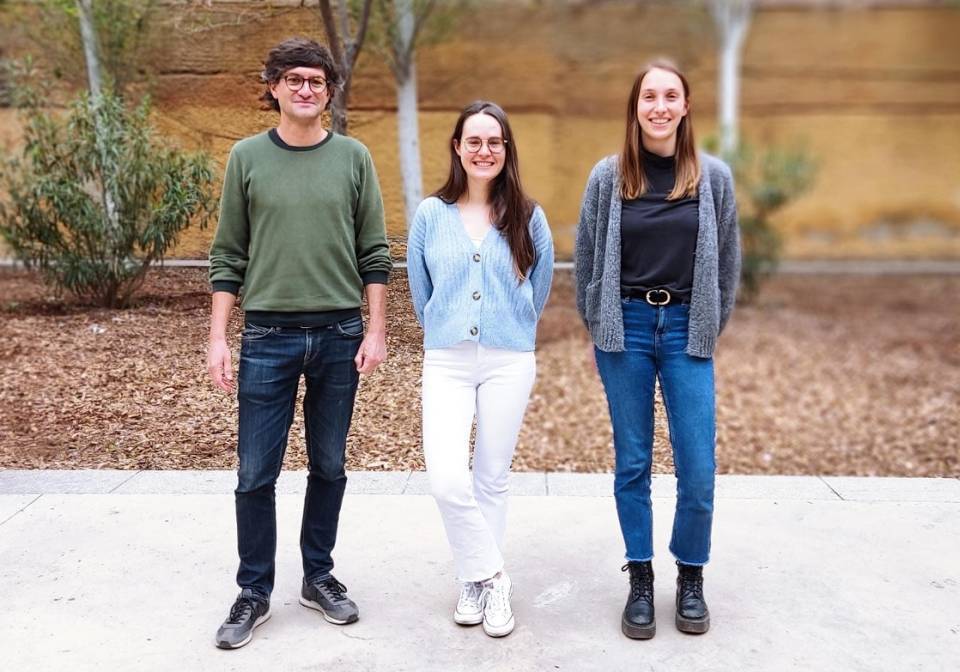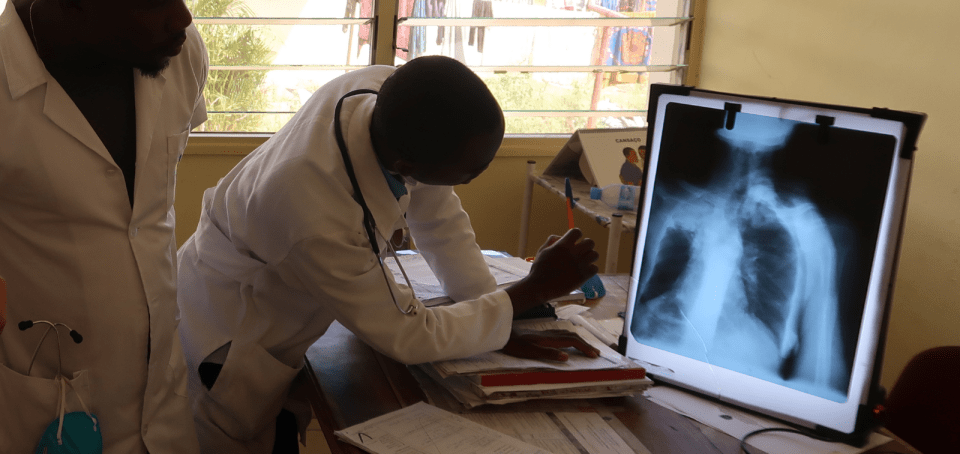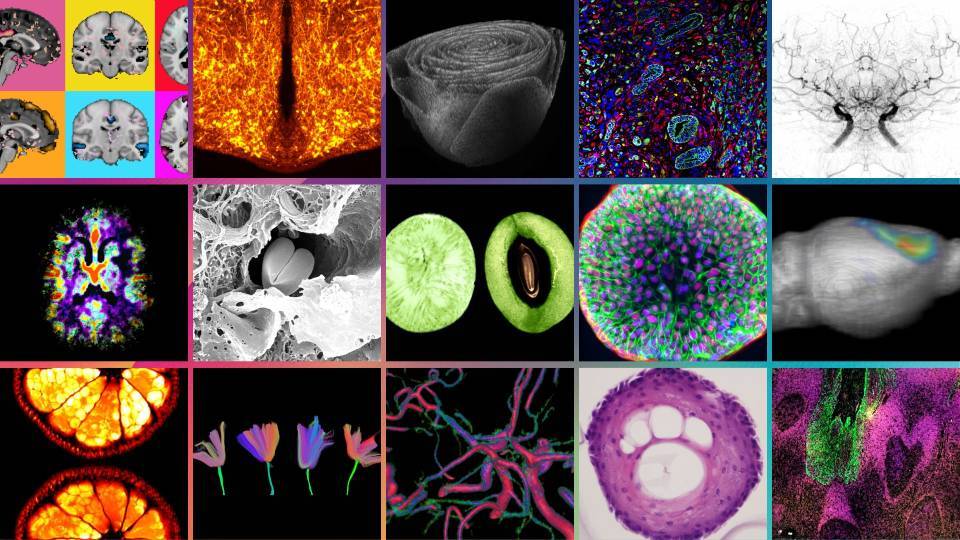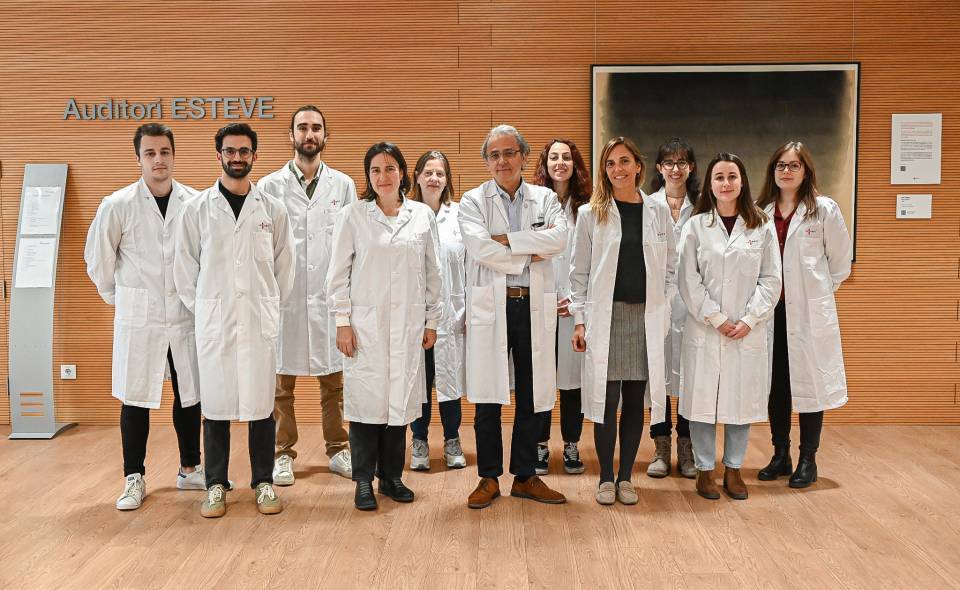Hepatic stellate cells (HSC) are nonparenchymal liver cells responsible for the maintenance of extracellular matrix homeostasis. Upon damage they become activated and produce extracellular matrix components leading to liver fibrosis. The lack of reliable sources of hepatic stellate cells has limited the development of complex in vitro systems for modeling liver diseases and toxicity.
Researchers from IDIBAPS have described in Nature Protocols the process for the directed differentiation of human induced pluripotent stem cells (iPSCs) into hepatic stellate cells (iPSC-HSCs). The study was led by Julia Vallverdú and Raquel Martínez García de la Torre, working in the research group Plasticity and tissue repair in liver disease, directed by Pau Sancho-Bru.
The protocol is based on the addition of several growth factors important for the liver development, during 12 days. The iPSC-HSCs present phenotypic and functional characteristics of primary HSCs and can be expanded and even frozen to be used for in vitro studies.
This differentiation protocol provides a new source of HSCs to perform in vitro studies of fibrogenesis, inflammation, and toxicity in acute and chronic liver damage. The cells can also be co-cultured with hepatocytes generating complex systems in vitro opening the possibility to modeling liver disease in a more personalized way.
Article reference:
Directed differentiation of human induced pluripotent stem cells to hepatic stellate cells
Julia Vallverdú, Raquel A Martínez García de la Torre, Inge Mannaerts, Stefaan Verhulst, Ayla Smout, Mar Coll, Silvia Ariño, Teresa Rubio-Tomás, Beatriz Aguilar-Bravo, Celia Martínez-Sánchez, Delia Blaya, Catherine M Verfaillie, Leo A van Grunsven, Pau Sancho-Bru.
at Protoc. 2021 Apr 16. doi: 10.1038/s41596-021-00509-1




